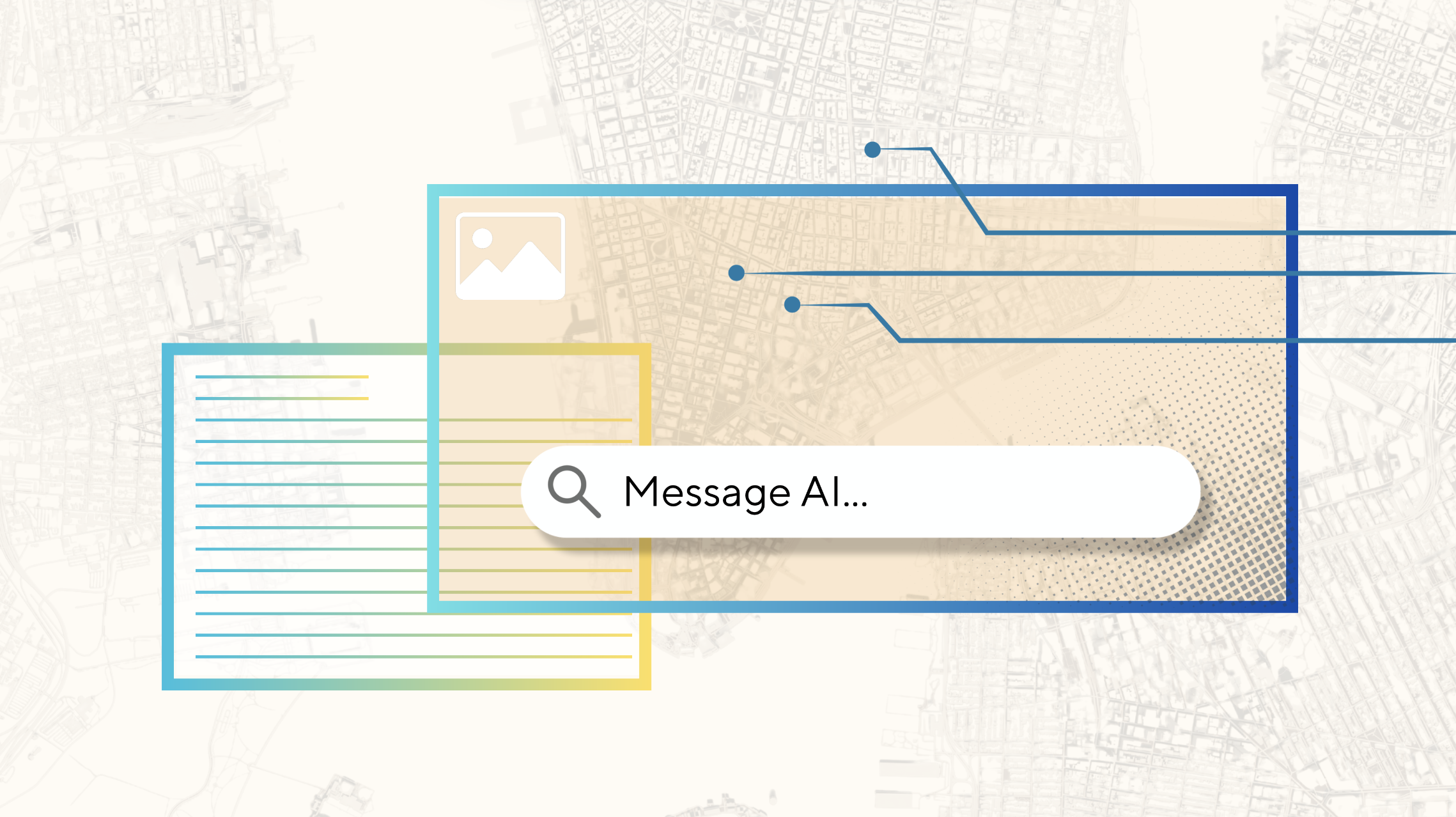
Artificial intelligence is advancing rapidly, but experts caution that even the most sophisticated systems are still far from replicating the way humans think.
AI may be getting smarter in terms of processing information, completing complex tasks, and even mimicking human-like conversations. However, researchers emphasize that these systems lack key aspects of genuine human cognition such as consciousness, reasoning based on real-world understanding, and emotional awareness.
Cognitive scientists and AI researchers agree that while AI can solve narrowly defined problems—like playing chess, generating text, or analyzing data—it does so without the intuitive learning, contextual understanding, and abstract reasoning that characterize human intelligence. The progress in machine learning and large language models has led to machines that appear intelligent, but their operations are underpinned by pattern recognition and statistical inference rather than human-like thought processes.
According to experts from institutions like Harvard University, AI might seem conversational and responsive, but its outputs are derived from algorithms trained on vast datasets. These systems do not possess goals, emotions, or self-awareness, which are fundamental features of human thought.
In summary, while AI continues to evolve and find applications across industries, current technology does not replicate the full complexity of human thinking. Experts stress the need for realistic expectations and continued ethical consideration as AI becomes more integrated into society.
Source: https:// – Courtesy of the original publisher.








